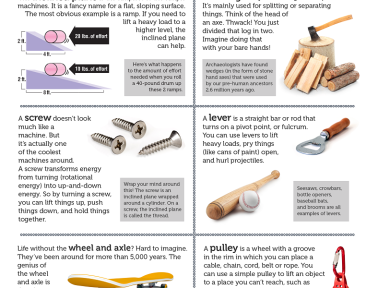You have actually most likely seen the video now. (It’s inching towards one million views.)The toddler with those wonderful cheeks illuminate as the experimenter passes the plaything across the table. The young child has fun with the components as he’s seen the experimenter do. His eyes are wide, his smile even broader. After that the “emoter” can be found in.
She’s irritated.
She argues with the experimenter. They stop, and also the experimenter hands the young child an additional plaything.
However this moment, the young child ices up. He looks down. He doesn’t play.
For twenty secs, this kid, who was when excited as well as ecstatic, merely tries to hold still and also not be observed.
Scientists from Institute for Knowing and also Mind Sciences (I-LABS) at University of Washington produced this experiment to analyze the capability of kids to regulate habits based on social signs. The kids don’t play after the unfavorable exchange because they have actually utilized a vital ability called social referencing, checking out the emotional expressions of others to identify what type of habits is anticipated.
If you haven’t seen the video clip yet, you can locate it here:
( For those of you bothered by the experimenter’s somewhat robot temperament and scripted sing-songy voice, my assumption is that’s needed to maintain consistency between samples as well as to prevent the experimenter from ending up being another variable. For more background, read this article created by the mommy of the kid in the video clip.)
I love what this experiment lays out to check out, the feasible links in between impulsive habits as well as the capacity to check out social cues, but as I viewed the video clip a various connection was brought residence to me.
Kids, especially kids, learn by playing as well as discovering. In a safe and joyful atmosphere, the kid aspired and also passionate concerning checking out and playing.
Delighted to discover.
In the strained, negative environment the kid stopped. He didn’t play. He really did not explore.
He really did not try to discover.
I couldn’t aid but think of the emotional atmospheres in which our children live and discover. Is the emotional environment safe, cozy, and also loving? After that they are more probable to play, discover, take threats, and find out. Is it troubled, curt, or adverse? Then they might be a lot more inhibited, reticent, worried to attempt.
Knowing calls for errors, but youngsters in adverse settings do not feel secure making errors. So they put their heads down and just survive.
In some cases they just try not to be discovered.
Often we error that fear permanently habits.
Whether it’s the home setting or the class, kids acknowledge and respond to psychological fee. When adverse settings produce fear and also stress, learning is blocked. That’s what I personally saw as I watched the I-LABS video. To me, a kid that hesitates to play is symbolic of a youngster that hesitates to do what it requires to really learn– play, check out, run the risk of.
It appeared to be a best outside depiction of what we know goes on inside the mind when children attempt to learn in excessively stressful atmospheres. Neuroresearchers tell us that when the amygdala (the component of the mind in charge of sensing and replying to hazards) comes to be over-activated it creates what they refer to as an “affective filter”. New input essentially can not get through to the memory and also organization circuits of the mind. This isn’t just concept, it’s supported by neuroimaging. As specialist and also educator, Dr. Judy Willis, specifies:
” What is now apparent on brain scans throughout times of anxiety is unbiased physical proof of this affective filter. With such evidence-based study, the affective filter theories can not be defamed as “feel-good education” or an “justification to coddle students”– if students are burnt out, the information can not enter. This refers scientific research.”
The mind systemically stands up to discovering when it’s afraid, stressed out, or otherwise endangered. And given that we know that the residence is the youngster’s first class, this information prolongs there also.
Safeguard the setting.
Talking about the study demonstrated in the video clip by the rosy-cheeked cherub, co-director of I-LABS, Dr. Andrew Meltzoff, claimed, ” With studying the origins of social-emotional discovering we are illuminating an important aspect of human individuality as well as what helps children do well in life as well as college.”
I agree, and also value this check into the social abilities kids need to do well. I do not wish to remove from this work whatsoever. Yet as I see I wonder. As we look at what skills will certainly profit youngsters, are we likewise noticing what atmospheres will aid them do well also?










